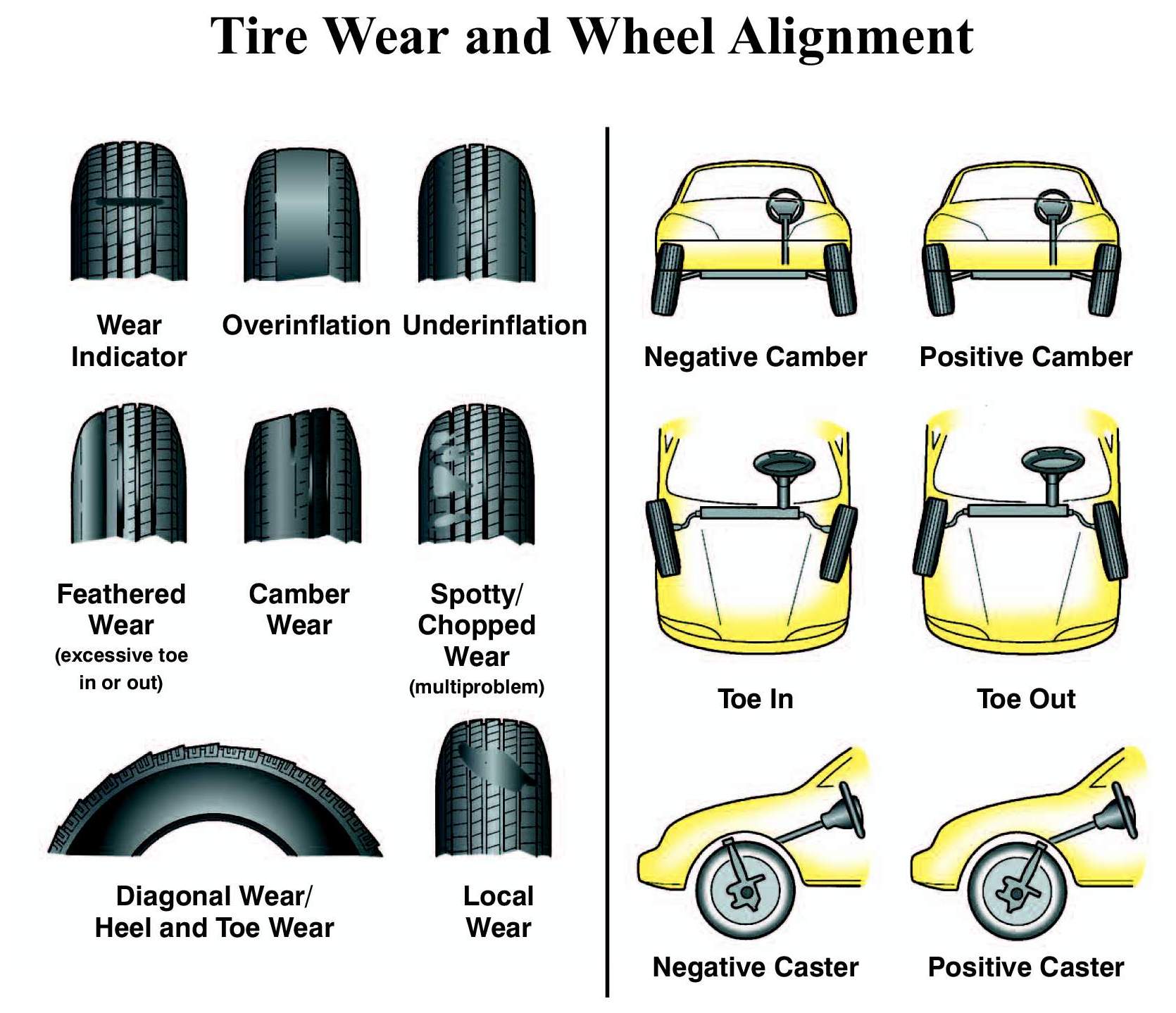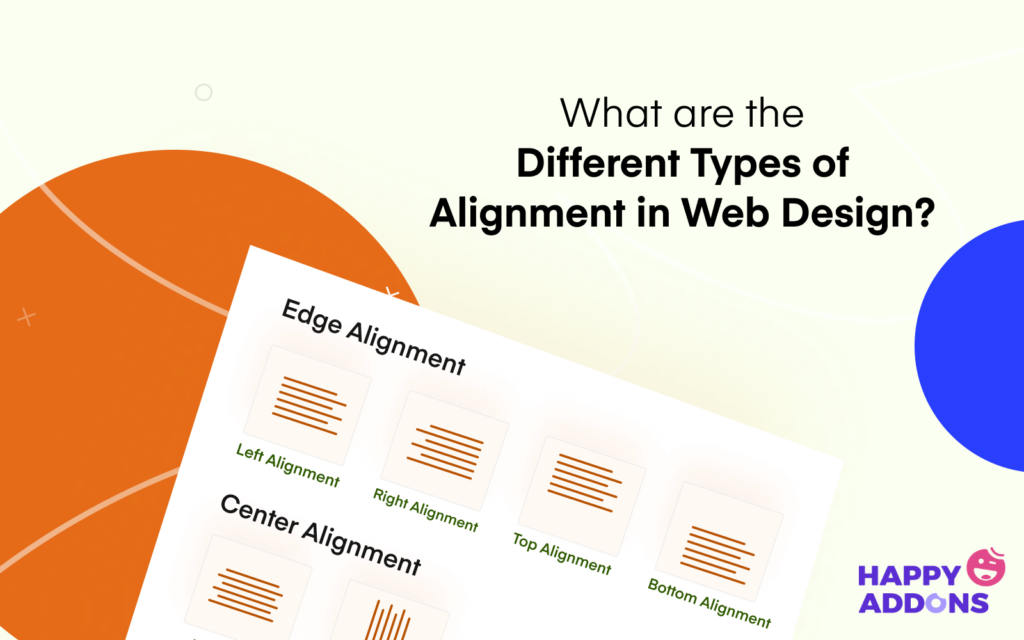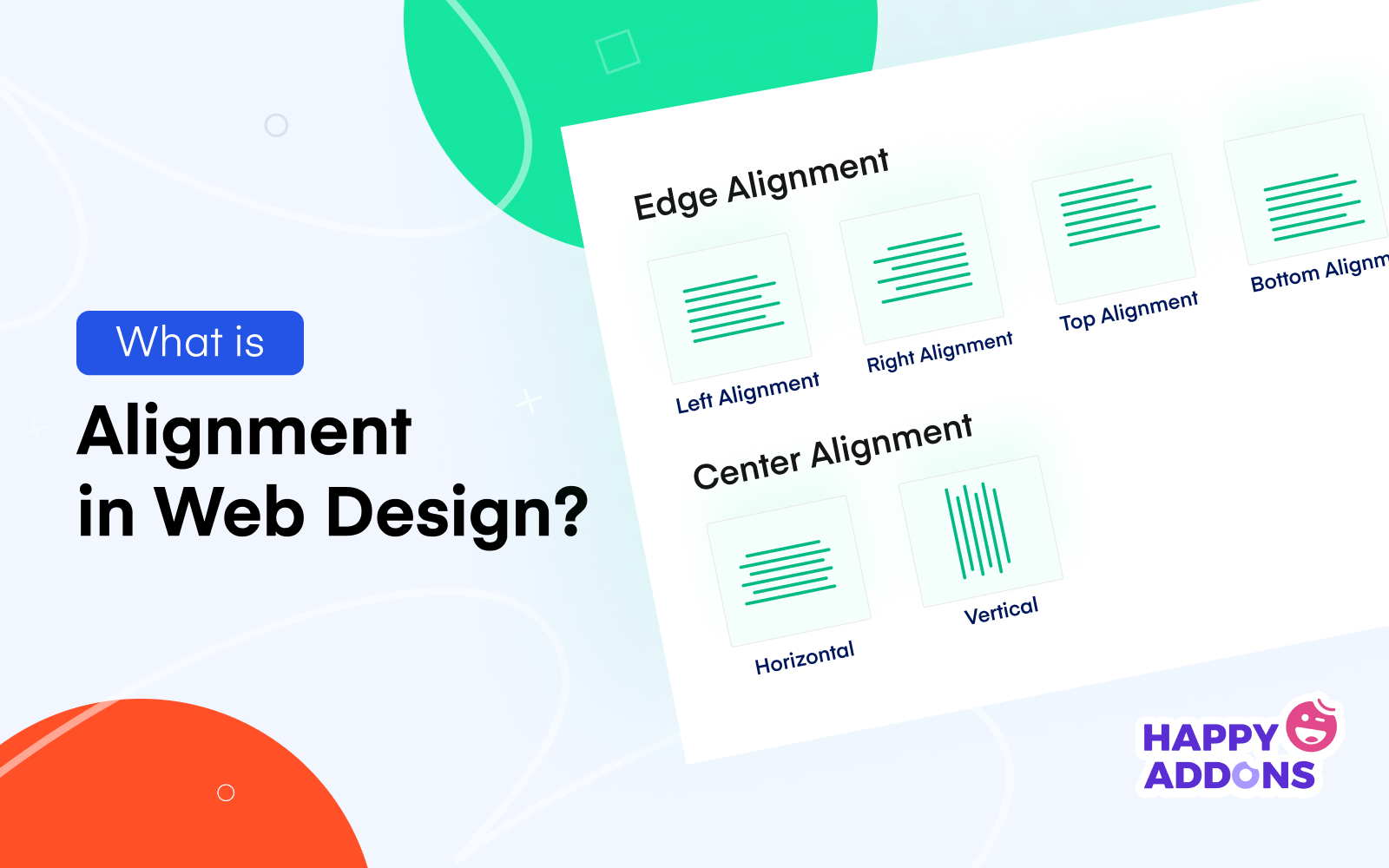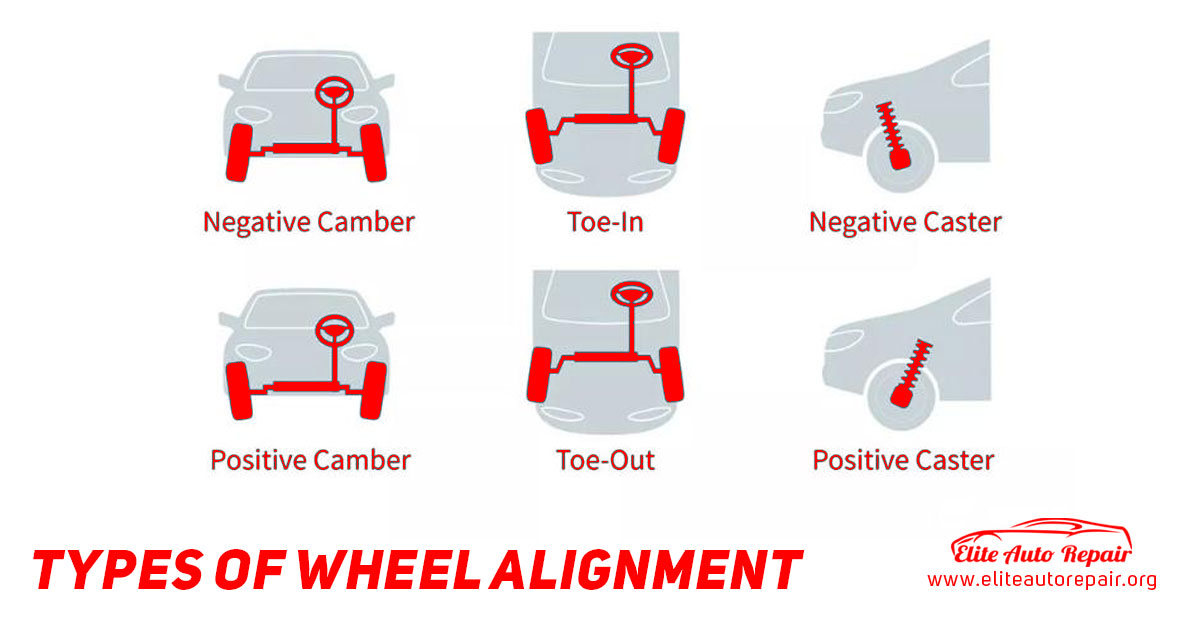What Is Alignment And Its Types - In general, the most common. Global, local, and multiple sequence alignments. There are several types of alignment, each serving its own purpose within various domains. Alignment refers to the practice of arranging visual elements on web pages, such as text, shapes, images, menu items, and cta. In design, the alignment principle states that multiple objects are said to be aligned when they are placed such that their left or right. Alignment is nothing, but the text flow related to the rest of the page. The purpose is to identify overall similarities and differences between the sequences, including conserved regions and variations. Right, left, justified, and the centre. Alignment is how text flows in relation to the rest of the page (or column, table cell, text box, etc.).
Global, local, and multiple sequence alignments. Alignment is how text flows in relation to the rest of the page (or column, table cell, text box, etc.). Alignment is nothing, but the text flow related to the rest of the page. In general, the most common. Right, left, justified, and the centre. There are several types of alignment, each serving its own purpose within various domains. In design, the alignment principle states that multiple objects are said to be aligned when they are placed such that their left or right. Alignment refers to the practice of arranging visual elements on web pages, such as text, shapes, images, menu items, and cta. The purpose is to identify overall similarities and differences between the sequences, including conserved regions and variations.
There are several types of alignment, each serving its own purpose within various domains. Alignment is nothing, but the text flow related to the rest of the page. Global, local, and multiple sequence alignments. Alignment is how text flows in relation to the rest of the page (or column, table cell, text box, etc.). In general, the most common. The purpose is to identify overall similarities and differences between the sequences, including conserved regions and variations. Right, left, justified, and the centre. In design, the alignment principle states that multiple objects are said to be aligned when they are placed such that their left or right. Alignment refers to the practice of arranging visual elements on web pages, such as text, shapes, images, menu items, and cta.
Alignment Principle in Design Importance & Examples [Infographics]
Alignment is nothing, but the text flow related to the rest of the page. In general, the most common. Right, left, justified, and the centre. Alignment is how text flows in relation to the rest of the page (or column, table cell, text box, etc.). Alignment refers to the practice of arranging visual elements on web pages, such as text,.
3 Types Of Wheel Alignment, Benefits And How Its Works
Global, local, and multiple sequence alignments. The purpose is to identify overall similarities and differences between the sequences, including conserved regions and variations. Alignment refers to the practice of arranging visual elements on web pages, such as text, shapes, images, menu items, and cta. Alignment is how text flows in relation to the rest of the page (or column, table.
Know Your Car Basics 101 Mistakes Between Alignment & Balancing
Alignment is nothing, but the text flow related to the rest of the page. There are several types of alignment, each serving its own purpose within various domains. Right, left, justified, and the centre. Global, local, and multiple sequence alignments. Alignment is how text flows in relation to the rest of the page (or column, table cell, text box, etc.).
3 Types Of Wheel Alignment, Benefits And How Its Works
Alignment refers to the practice of arranging visual elements on web pages, such as text, shapes, images, menu items, and cta. The purpose is to identify overall similarities and differences between the sequences, including conserved regions and variations. In general, the most common. Right, left, justified, and the centre. Alignment is how text flows in relation to the rest of.
Wheel Alignment Machine Types at Jacqueline Larson blog
Alignment is nothing, but the text flow related to the rest of the page. In general, the most common. Alignment refers to the practice of arranging visual elements on web pages, such as text, shapes, images, menu items, and cta. In design, the alignment principle states that multiple objects are said to be aligned when they are placed such that.
Principles of Alignment in Web Design Types and Examples
Alignment is how text flows in relation to the rest of the page (or column, table cell, text box, etc.). In design, the alignment principle states that multiple objects are said to be aligned when they are placed such that their left or right. Global, local, and multiple sequence alignments. Alignment refers to the practice of arranging visual elements on.
Principles of Alignment in Web Design Types and Examples
The purpose is to identify overall similarities and differences between the sequences, including conserved regions and variations. In general, the most common. Global, local, and multiple sequence alignments. There are several types of alignment, each serving its own purpose within various domains. Right, left, justified, and the centre.
Importance Of Wheel Alignment Elite Auto Repair
Alignment is how text flows in relation to the rest of the page (or column, table cell, text box, etc.). In general, the most common. Alignment refers to the practice of arranging visual elements on web pages, such as text, shapes, images, menu items, and cta. In design, the alignment principle states that multiple objects are said to be aligned.
How An Alignment Works And Why Your Car Even Needs One In The First
In design, the alignment principle states that multiple objects are said to be aligned when they are placed such that their left or right. There are several types of alignment, each serving its own purpose within various domains. The purpose is to identify overall similarities and differences between the sequences, including conserved regions and variations. In general, the most common..
explain the functionality of different alignment options? Brainly.in
The purpose is to identify overall similarities and differences between the sequences, including conserved regions and variations. In general, the most common. Right, left, justified, and the centre. Alignment is how text flows in relation to the rest of the page (or column, table cell, text box, etc.). Alignment refers to the practice of arranging visual elements on web pages,.
Alignment Is How Text Flows In Relation To The Rest Of The Page (Or Column, Table Cell, Text Box, Etc.).
In design, the alignment principle states that multiple objects are said to be aligned when they are placed such that their left or right. Alignment is nothing, but the text flow related to the rest of the page. Right, left, justified, and the centre. In general, the most common.
Global, Local, And Multiple Sequence Alignments.
There are several types of alignment, each serving its own purpose within various domains. Alignment refers to the practice of arranging visual elements on web pages, such as text, shapes, images, menu items, and cta. The purpose is to identify overall similarities and differences between the sequences, including conserved regions and variations.
![Alignment Principle in Design Importance & Examples [Infographics]](https://ux360.design/wp-content/uploads/2020/06/alignment-design-principle-infographics-by-ux360.design-1422x2048.png)

